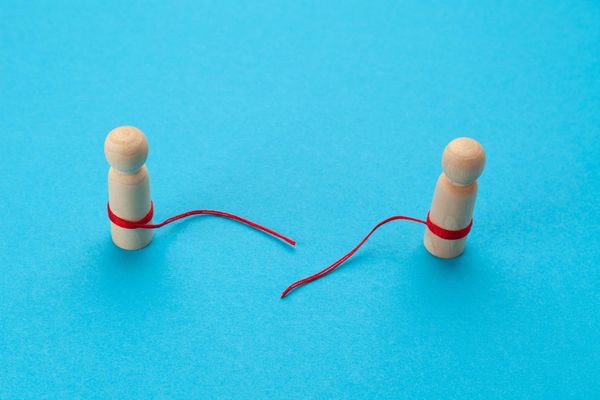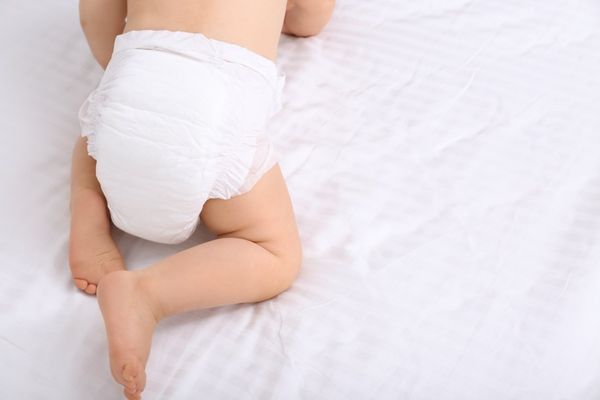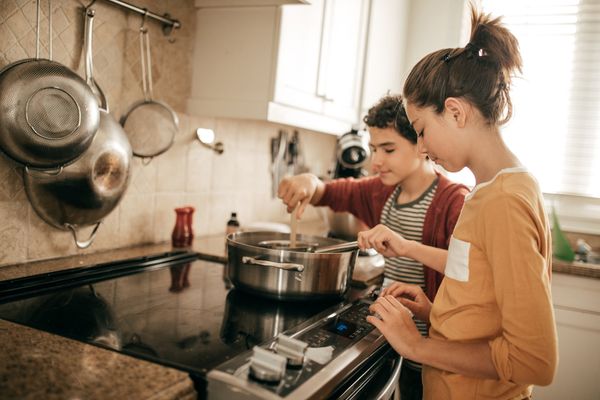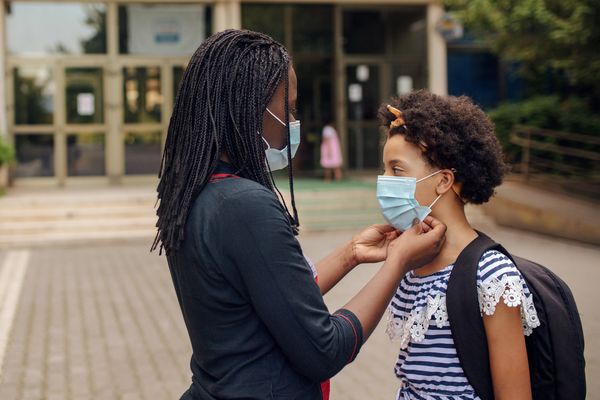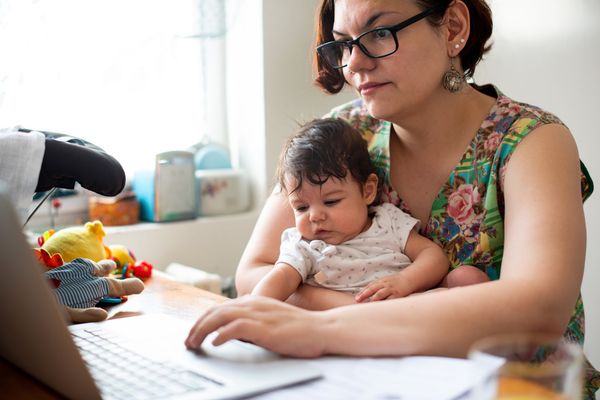Your maternal instinct prompts you to shield your baby from all of the icky germs in the world. The truth is you can only do so much. Germs are unavoidable, which isn't a bad thing because some exposure to germs help strengthens the immune system. Your baby's body will learn to fight certain germs after being exposed to them, and the next time she faces those germs, she'll be able to fight them off.
But that doesn't mean you should throw caution to the wind. Some germs cause illnesses that can be serious for babies, like the flu. So you should do your best to avoid deliberately and excessively exposing your baby to germs. Follow these tips below to help prevent germs. We can't promise that sticking to these guidelines will mean your child will never get sick. But they'll help reduce the instances that she does.
Bottles: The first time you use a bottle, nipple or pacifier, sterilize it in boiling water for five minutes. After that, running these items through the dishwasher (if they are dishwasher safe) or scrubbing them with soapy, hot water and rinsing thoroughly will kill most germs.
Kisses and touches: Some people think they have free reign to put their hands and lips wherever they want on a baby. But keep people's lips away from your baby's face as much as possible because mucus and saliva host germs. If you just can't stop them from going in for a touch or kiss, direct them to your baby's feet, an area less likely to spread germs. Feel like they're offended? Blame it on your pediatrician.
Vaccinations: Following your pediatrician's vaccination schedule is one of the best methods to protect your child from potentially fatal illnesses and diseases. Any caregivers, including you, should be up to date on shots, too.
Food: Bacteria can breed in unused food. So keep your baby away from leftover jarred baby food, breast milk and formula. Fill formula or breast milk bottles only with as much as you think she'll drink and then add more as needed. Breast milk you just pumped can be kept at room temperature for up to six hours. Don't keep freshly prepared formula unrefrigerated for more than an hour. Jarred baby food should be served from a bowl to avoid contamination—the jar's food can be tainted from a used spoon.
Pets: Since animals' mouths are full of germs, avoid having your dog or cat lick your newborn. Your baby shouldn't touch a pet's uneaten food, toys or chewed treats. Stash a litter box out of baby's reach and be sure baby doesn't touch animal waste.
Visitors: Do your best to keep sick family and friends away. As much as they may want to see the baby, tell them to wait until they're better to prevent infecting your baby. Don't let them make you feel guilty: You're the parent and it's your responsibility to keep your baby healthy.
Hands: Wash your hands with soap and warm water regularly to help prevent spreading germs to your baby. It's especially important after changing a diaper; playing with a pet; shaking someone's hand; sneezing, coughing or wiping your nose; touching raw meats or vegetables; or using the restroom. Always wash your hands if you're coming home from daycare, the doctor's office or playground. And don't forget to wash baby's hands, too, especially before eating and after outings. Ask siblings, caregivers and visitors to do the same. Not near a sink? Clean with an alcohol-based sanitizer and insist that others who want to touch the baby do the same.
Crowds: What new parent doesn't want to show off their newborn? In the beginning, however, it's best to avoid crowded places like malls or large family gatherings. That doesn't mean you have to stay indoors all day and can't take a stroll around the neighborhood. Just avoid the hordes of people.


